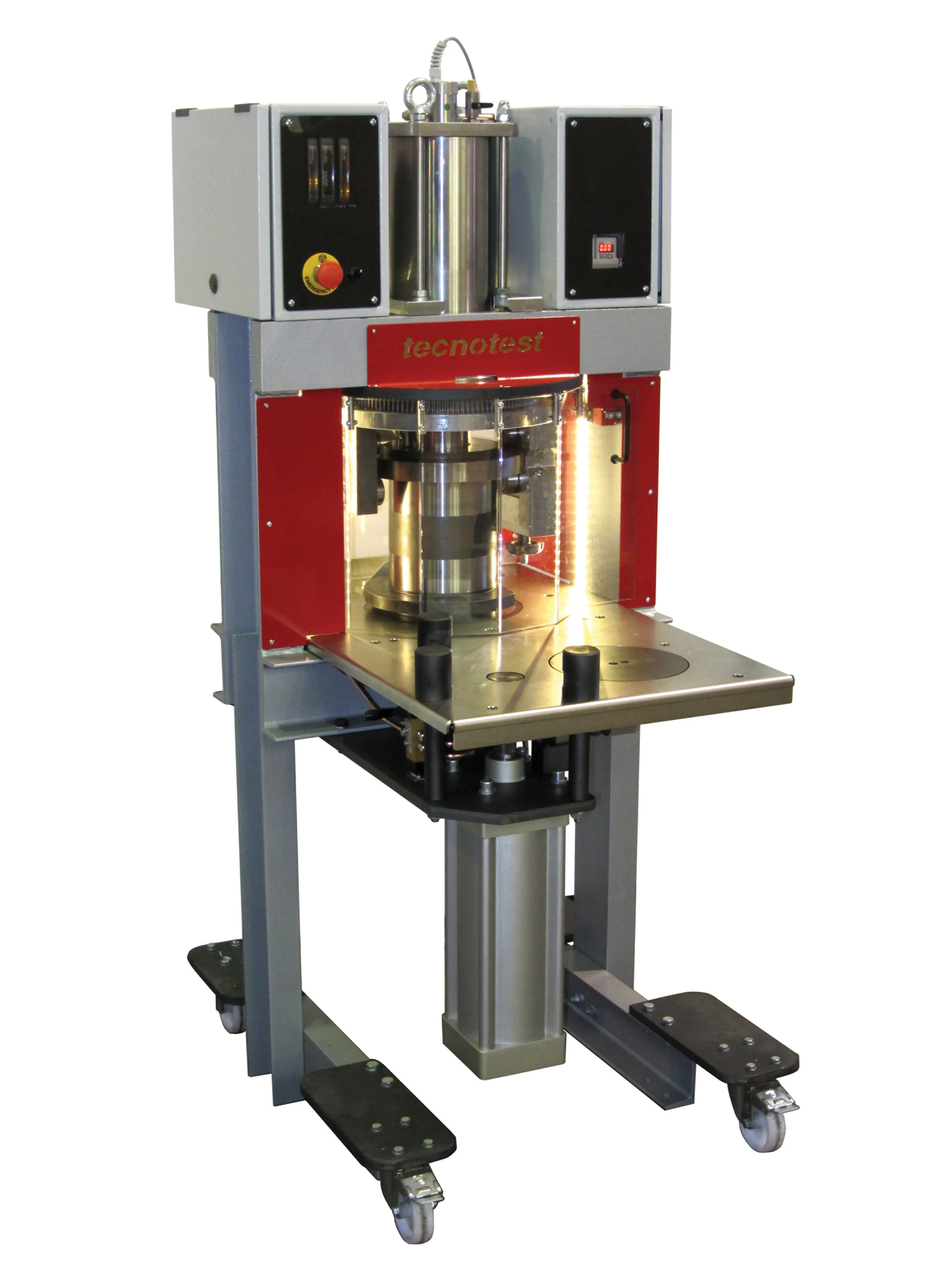Off-highway tyre manufacturer
The agreement will explore the wider use of TKS dandelion, a species of dandelion native to Kazakhstan. The plant has the potential to be used in the production of high quality rubbers used in the tyre manufacturing process. All studies, analyses, experimentation and testing will be carried out at BKT´s modern research and development centre, known as the ‘Suresh Poddar Innovation Hub’.
The 25-hectare hub sits within the company’s production site in Bhuj, India. At its opening last year, BKT announced a series of ambitious projects related to sustainable materials, including research into alternatives to natural and synthetic rubber as well as the development of high-performance compounds with nanomaterials and nanocomposites.
The BKT-Kultevat TKS dandelion-based project is fully in line with latest industry requirements and the European Commission’s recommendations concerning critical raw materials.
BKT & Kultevat to explore use of TKS dandelion in tyre making
Off-highway tyre manufacturer BKT has entered into a joint research agreement with Kultevat, a leading US bio-tech company specialising in the cultivation and processing of TKS dandelion as a renewable and sustainable alternative to natural rubber. The agreement will explore the wider use of TKS dandelion, a species of dandelion native to Kazakhstan. The plant has the potential to be used in the production of high quality rubbers used in the tyre manufacturing process. All studies, analyses, experimentation
April 23, 2018
Read time: 2 mins








